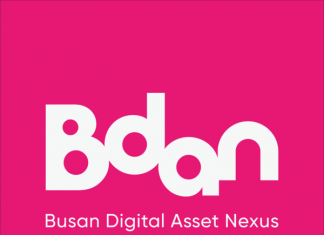
Local currencies in South Korea are entering a new phase as artificial intelligence (AI) and blockchain technology are integrated into the regional financial system. BNK Financial Group recently announced its strategic plan for the second half of the year, highlighting the development of AI-powered regional currency infrastructure and a research initiative for a Korean-won-based stablecoin.
BNK aims to streamline the entire lifecycle of local currencies—issuance, settlement, and expiration—by incorporating AI and smart contracts. These technologies promise to enhance transparency, reduce administrative delays, and minimize fraudulent activity, while enabling instant settlements for small businesses and local merchants.
One key improvement lies in addressing the inefficiencies of traditional local currencies, such as delayed disbursements and expiration issues. BNK plans to use AI to analyze transaction data, detect abnormal patterns in real time, and ensure faster fund turnover within the local economy.
In parallel, the group is exploring the potential of a stablecoin pegged to the Korean won. Designed to retain a fixed fiat value while functioning as a blockchain-based digital asset, this stablecoin could evolve regional currencies into a more scalable and accessible payment medium. With the Korean government and financial regulators now discussing digital asset frameworks, the concept of a KRW stablecoin is gaining real momentum.
BNK’s move aligns with the broader regulatory trend, including Korea’s pending Digital Asset Basic Act and the government’s roadmap for tokenization. However, experts caution that full-scale implementation will require detailed regulations—ranging from issuer responsibilities and accounting treatment to legal definitions and oversight mechanisms.
Financial experts say the convergence of AI and blockchain in regional currencies represents more than just a technical experiment—it could serve as a viable solution for revitalizing local economies. “Collaboration between government agencies, local authorities, and financial institutions will be crucial,” one analyst noted.






